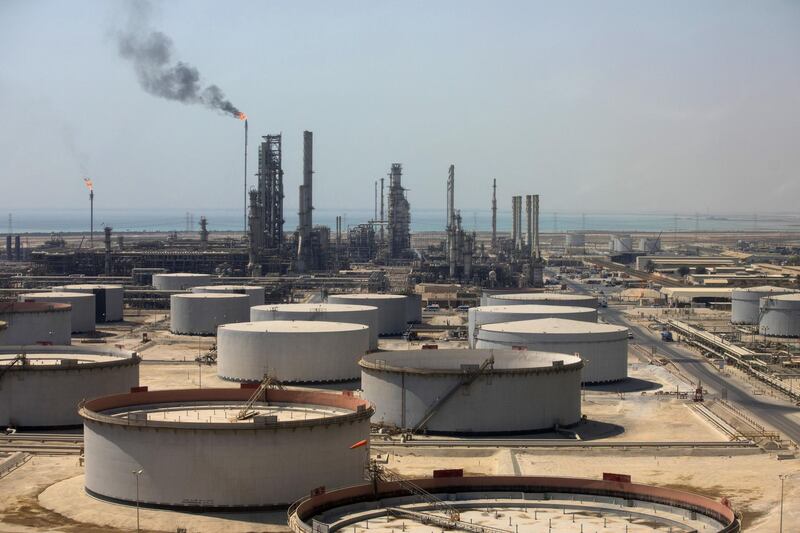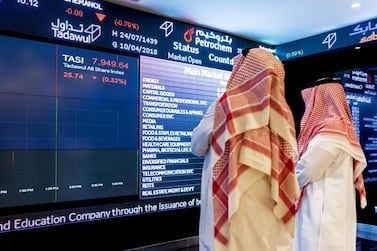Saudi Aramco, the world’s largest oil-exporting company, will reorganise the downstream segment of its energy arm into four commercial business units.
The downstream business, which refers to refining and petrochemicals, will operate through four units – fuels, chemicals, power and a pipelines, distribution and terminals division, the company said on Tuesday.
The fuels division includes refining, trading, retail and lubricants. The new units will be backed by three corporate functions – strategy and marketing, manufacturing and affiliate affairs.
The reorganisation, which will be completed by the end of the year, is “another step” in Aramco’s strategy to develop a global, integrated downstream business, said Abdulaziz Al Gudaimi, senior vice president at Aramco Downstream.
The refining and petrochemicals part of the energy value chain has become increasingly significant to Gulf oil producers.
Aramco and Adnoc, its peer in the UAE, are both investing billions of dollars in downstream projects to extract more value from their crude oil production. Last month, Aramco completed the acquisition of a 70 per cent stake in Sabic, the region’s largest petrochemicals company, from the kingdom’s Public Investment Fund for $69.1 billion (Dh253.8bn) amid a push to grow its speciality chemicals business.
The acquisition is in line with its long-term strategy to drive growth through an enhanced downstream portfolio by increasing its refining capacity from 4.9 million barrels per day to between 8 million and 10 million bpd by 2030, of which 2 million to 3 million bpd will be converted into petrochemical products.
Vijay Valecha, chief investment officer at Century Financial in Dubai, said the move would improve focus and decision making within the new units, “giving them strategic autonomy to pursue growth opportunities”.
The reorganisation will also help the company offset losses suffered by its refining units due to a write down in inventories, he said.
“Downstream is a very crucial part of Aramco’s business as it will enable it to transform to a vertically integrated player with higher profit margins.”
The company also has plans to consolidate its downstream business under a separate, wholly owned unit before December 31, 2024.








